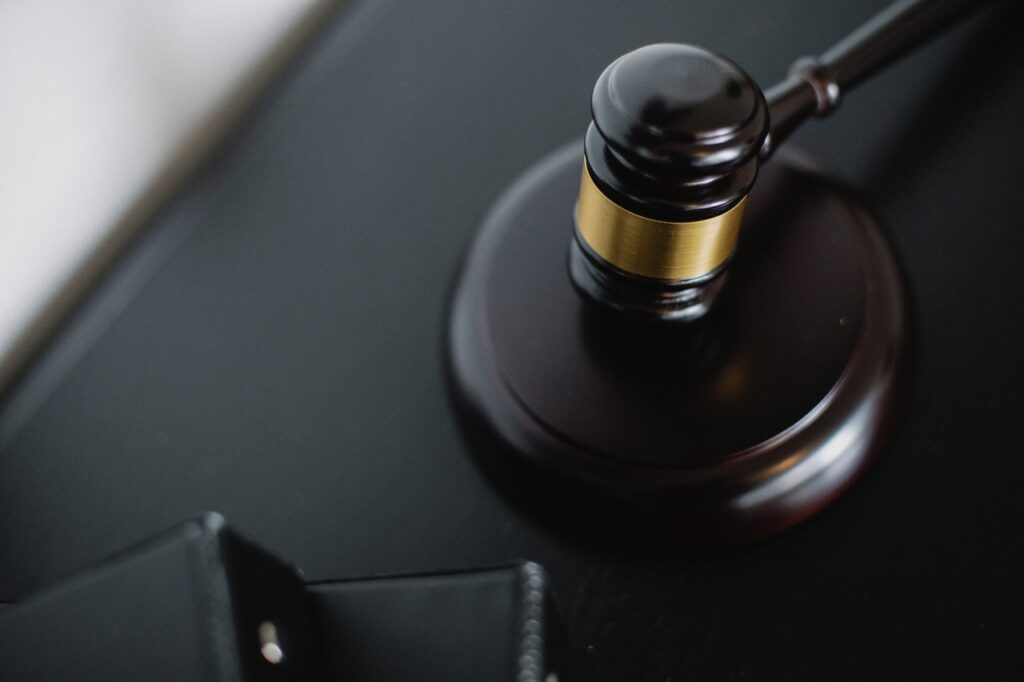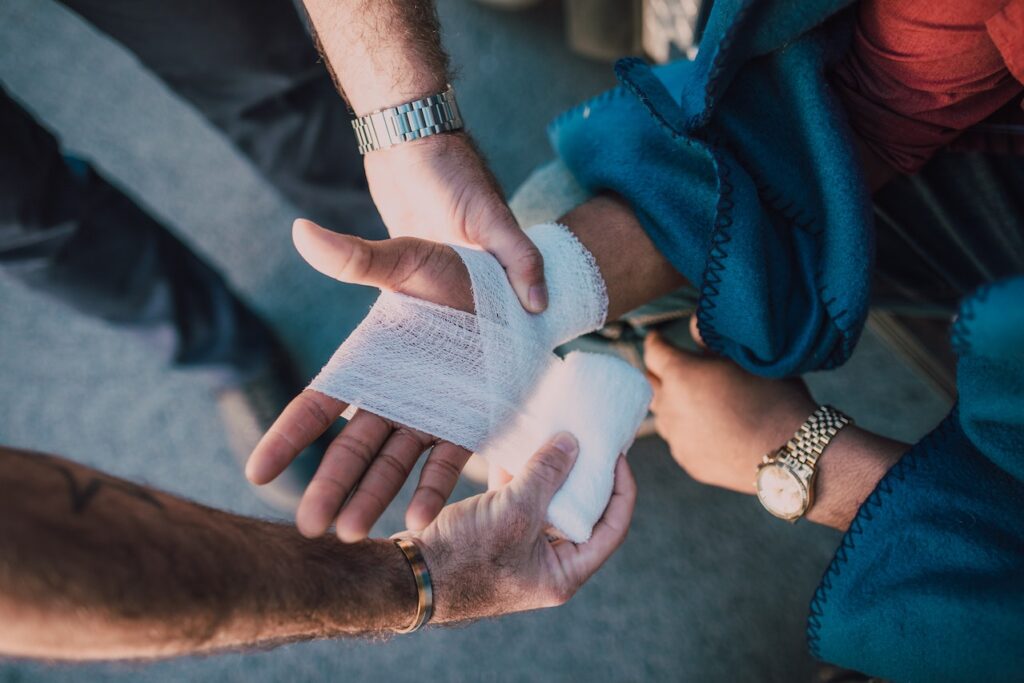Personal injuries can be life-altering, leaving victims with physical, emotional, and financial burdens. In the pursuit of justice, injured individuals often turn to the legal system seeking compensation for their losses. While compensatory damages are designed to cover medical expenses, lost wages, and pain and suffering, punitive damages serve an additional purpose. Punitive damages go beyond compensation and aim to punish the negligent party for their reckless behavior and deter others from repeating such actions. This article delves into the concept of punitive damages, their significance, and the factors considered when awarding them in personal injury cases.

Understanding Punitive Damages
Punitive damages, also known as exemplary damages or vindictive damages, are not meant to compensate the injured party for their losses. Instead, they are intended to punish the defendant for their egregious conduct and send a strong message that such actions will not be tolerated. The primary goal is to discourage the negligent party from repeating their reckless behavior and act as a deterrent to others in similar situations.
When Are Punitive Damages Awarded?
Punitive damages are typically awarded in cases where the defendant’s actions are considered grossly negligent, reckless, or intentionally harmful. These damages are not automatic and are only granted under specific circumstances. Courts carefully evaluate the defendant’s conduct to determine if punitive damages are warranted.
Some scenarios that may lead to punitive damages include:
- Intentional Misconduct: When the defendant deliberately causes harm or injury to another person.
- Egregious Negligence: When the defendant displays a willful and wanton disregard for the safety of others, going beyond ordinary negligence.
- Fraud or Deceit: When the defendant engages in fraudulent or deceptive practices that result in harm to the plaintiff.
- Malicious Intent: When the defendant’s actions are motivated by malice or ill will towards the injured party.
The Role of Punitive Damages in Personal Injury Cases
Punitive damages serve multiple important purposes in personal injury cases:
- Holding Negligent Parties Accountable: Ordinary compensatory damages may not always be sufficient to hold a defendant accountable for their actions. Punitive damages ensure that the negligent party faces consequences for their misconduct.
- Deterrence: By imposing punitive damages, the legal system aims to discourage similar conduct by other individuals and entities. The fear of facing significant financial penalties can act as a powerful deterrent.
- Justice for the Injured: Punitive damages provide a sense of justice to the injured party and can help them find closure after a traumatic event.
- Societal Benefit: When punitive damages are awarded, they send a clear message that negligent behavior will not be tolerated, contributing to a safer society.
Factors Considered in Awarding Punitive Damages
Courts consider several factors when determining the amount of punitive damages to be awarded:
- Severity of the Misconduct: The level of negligence or malice displayed by the defendant is a crucial factor. More egregious actions may result in higher punitive damages.
- Financial Position of the Defendant: Courts aim to strike a balance between punishing the defendant and avoiding excessive financial burden, considering the defendant’s financial standing.
- Potential for Deterrence: The amount of punitive damages should be enough to deter the defendant and others from repeating similar behavior.
- Compensatory Damages: The amount of compensatory damages awarded to the plaintiff may influence the decision on punitive damages.
Punitive damages play a vital role in personal injury cases, providing a mechanism to hold negligent parties accountable and discourage reckless behavior. While compensatory damages address the tangible losses of the injured party, punitive damages go beyond mere compensation and seek to impose penalties on defendants who display gross negligence or intentional misconduct. These damages are an essential component of the justice system, working towards creating a safer society while providing closure and a sense of justice to those who have suffered due to the actions of others.








